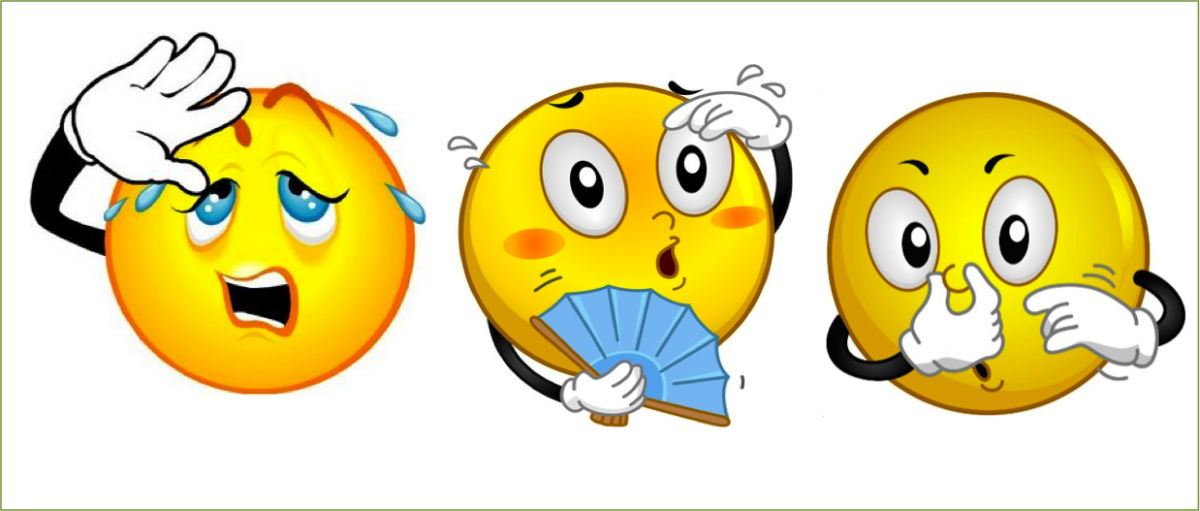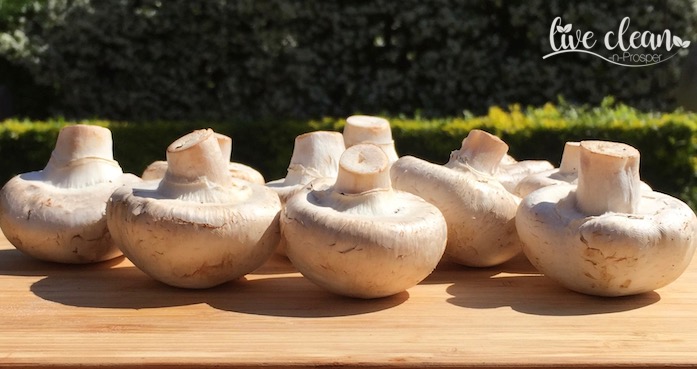Todays post is all about Oats.
With the cooler weather, many people turn to oats or porridge for breakfast. It has certainly become one of our favourites. There are also many differing opinions regarding how healthy this cereal is. I decided to do my own research and, as usual, share the results.
What are Oats?
The oat (Avena sativa), is a species of cereal grain grown for its seed, which is known by the same name. Oats have been around for a very long time. Researchers have found significant evidence that hunter-gatherers ate oats 25,000 years before the spread of farming.
In Scotland, oats became the staple grain. This is because oats are better suited than wheat to the country’s low temperatures and high humidity. As a result, the cereal grain is held in high esteem, as a mainstay of the national diet.
As a food, oats are most commonly rolled or crushed into oatmeal, or ground into fine oat flour. Oatmeal is chiefly eaten as porridge, but may also be used in a variety of baked goods, such as oatcakes, oatmeal cookies and oat bread. Oats are also a staple ingredient in cereals such as muesli and granola.
Oats are naturally free of gluten. They do however contain proteins called Avenins, which are similar to Gliadins from wheat. Avenins can trigger celiac disease in a small proportion of people. Other gluten-containing grains, mainly wheat and barley, also frequently contaminate oat products.
Are oats really healthy?
They are generally considered healthy due to containing several essential nutrients.
A 100-gram serving provides 389 calories and is an excellent source of protein, dietary fibre, several B group vitamins and numerous minerals. Research has proven that the consumption of the whole grain, and oat-based products, significantly reduces total cholesterol concentrations.
Studies have also shown other possible health benefits of this cereal grain. These include reduced risk of coronary artery disease, lowering levels of cholesterol, and reduced risk of colorectal cancer.
A unique type of soluble fibre found in oats called beta-glucan, has numerous benefits. It nourishes and restores healthy gut bacteria and helps reduce blood sugar levels.
A few studies also indicate that oats may boost the immune system, enhancing the body’s ability to fight bacteria, viruses, fungi and parasites
Oats contain a range of molecules that act as antioxidants; this includes avenanthramides, which are polyphenols. Studies have revealed that Avenanthramides may play a role in keeping blood pressure low.
They also have anti-inflammatory and anti-itching properties when applied topically to the skin.
Using oats on the skin.
Oats contain zinc, which is an anti-inflammatory. They also contain compounds called saponins, which are natural cleansers. Oat extracts can also be used to soothe skin conditions, and their emollient properties are used in cosmetics.
It certainly seems that oats are good for us, inside and out.
Till the next post,
Live clean n prosper



